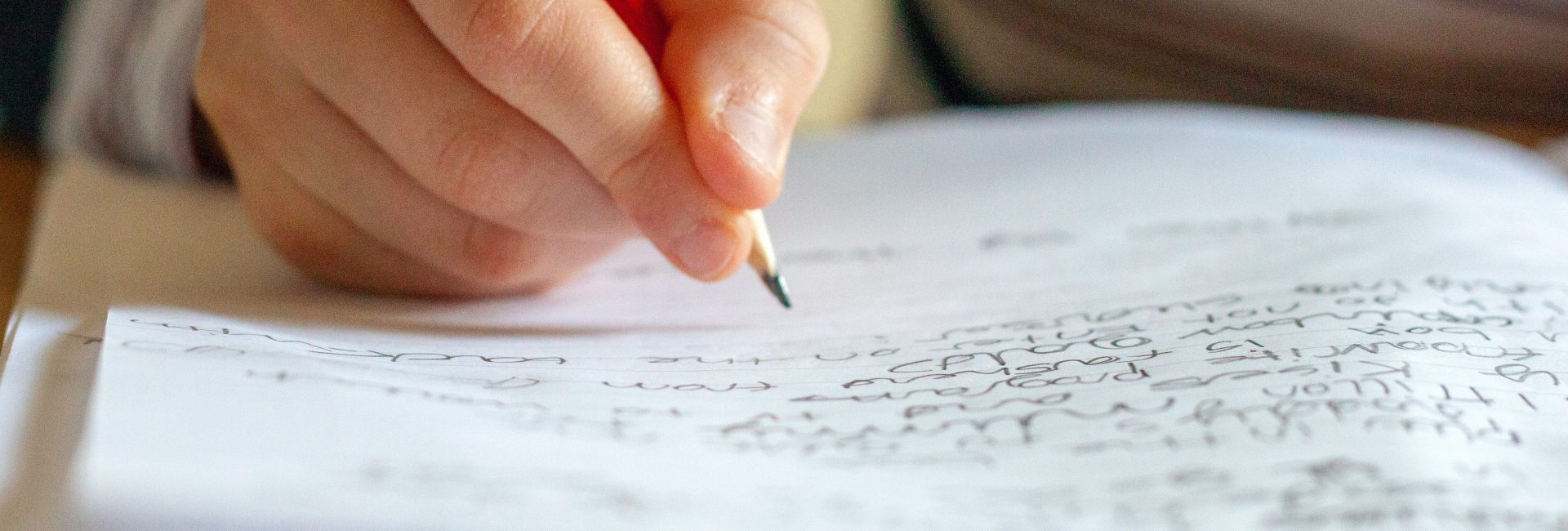In this episode, we’re going to explore the Effort Rule and how much the amount of effort that we put into a task affects what we get out of it.
Here are two reasons why you should listen to the full episode.
- Hear how a 2014 Princeton University study found that handwriting lecture notes as opposed to typing them affected the student’s ability to retain the information and perform on exams.
- Discover how you can use the Effort Rule in your everyday life.
Resources
- Listen to all TLBC episodes ad-free and get access to exclusive episodes when you join TLBC+!
- Do you need a step-by-step guide to build consistency in your life? Get a copy of The Consistency Code here!
Episode Highlights
What is the Effort Rule?
- The Princeton University study suggests that putting more effort into recording the information improved the students’ ability to retain the information.
- When the students used less effort by typing the notes, this may have negatively impacted their ability to retain information.
- In other words, when more effort was put in, the information was retained more efficiently.
How Can This Knowledge Be Used When Learning?
- While technology has drastically improved how we learn, there are some drawbacks.
- It isn’t impossible for you to learn when you use a technological aid, though.
- The best suggestion would be to alternate as much as you can between using your technological resources and using pen and paper.
How Can This Be Applied in Other Scenarios?
- If you come across something that you really want to remember, consider using an actual physical notebook or sticky note instead of putting it into the notes app of your phone.
5 Powerful Quotes
- “Taking notes electronically is often a quicker method if we have the ability to type at a faster rate than we write.”
- “The researchers found that typing allowed students to take down the information being taught without actually processing what they were typing.”
- “The process of handwriting contains far more novelty than typing. When you type something, each input, each press of a key, is fundamentally the same as the last.”
- “By handwriting material, we are at a greater advantage to be able to synthesize the material, draw inferences, comprehend various scenarios, seek new connections, evaluate evidence, and apply the concepts that we’re learning.”
- “Seeing ourselves write the note, holding it in our hands, and then seeing that note every day can help us reinforce the concept and shift how we think about it and remember what we’re learning.”
Enjoy this Podcast?
If you enjoyed today’s episode of the Tiny Leaps, Big Changes Podcast, then hit subscribe and share it with your friends!
Want to give us a review? If you enjoyed tuning into this episode, then don’t forget to write a review. You can also share it with your loved ones so they can start to use the effort rule when they want to remember something.
Have any questions or suggestions? You can contact me through Instagram or send your queries at TLBC’s website, Instagram, and Twitter.
Hosted By: Gregg Clunis | https://www.instagram.com/greggclunis/
Instagram: http://instagram.com/tinyleaps
Twitter: http://twitter.com/tinyleaps





